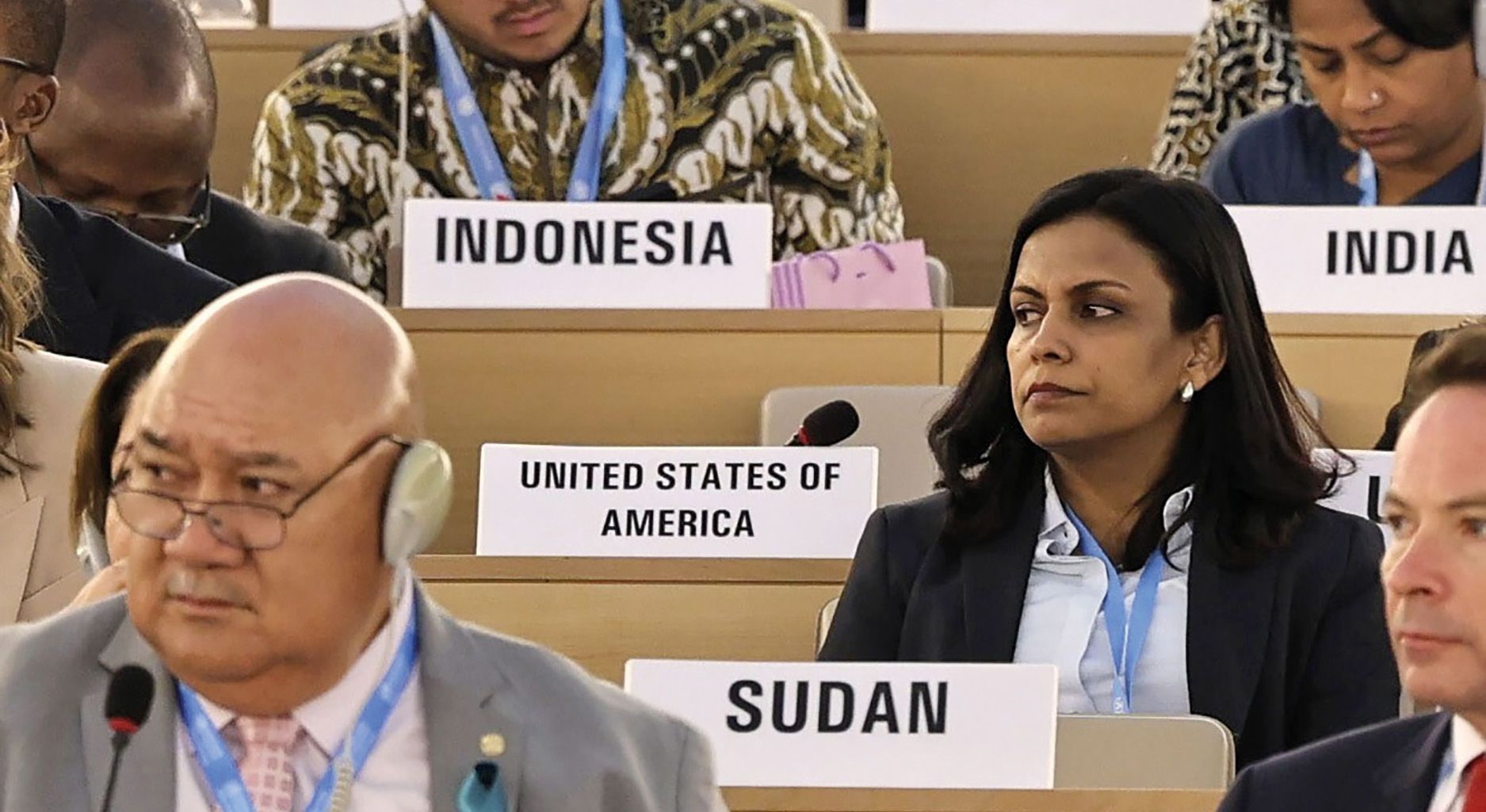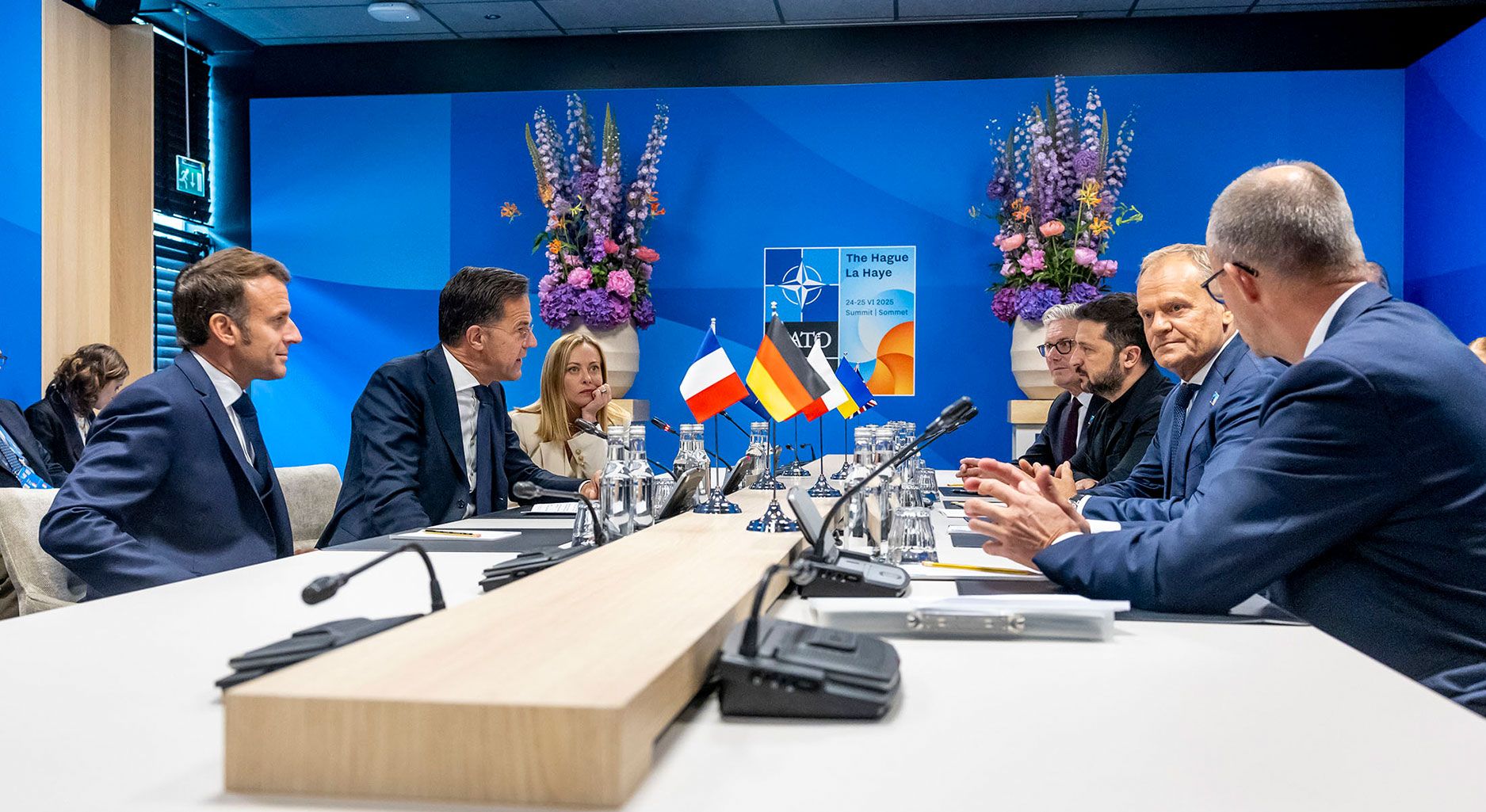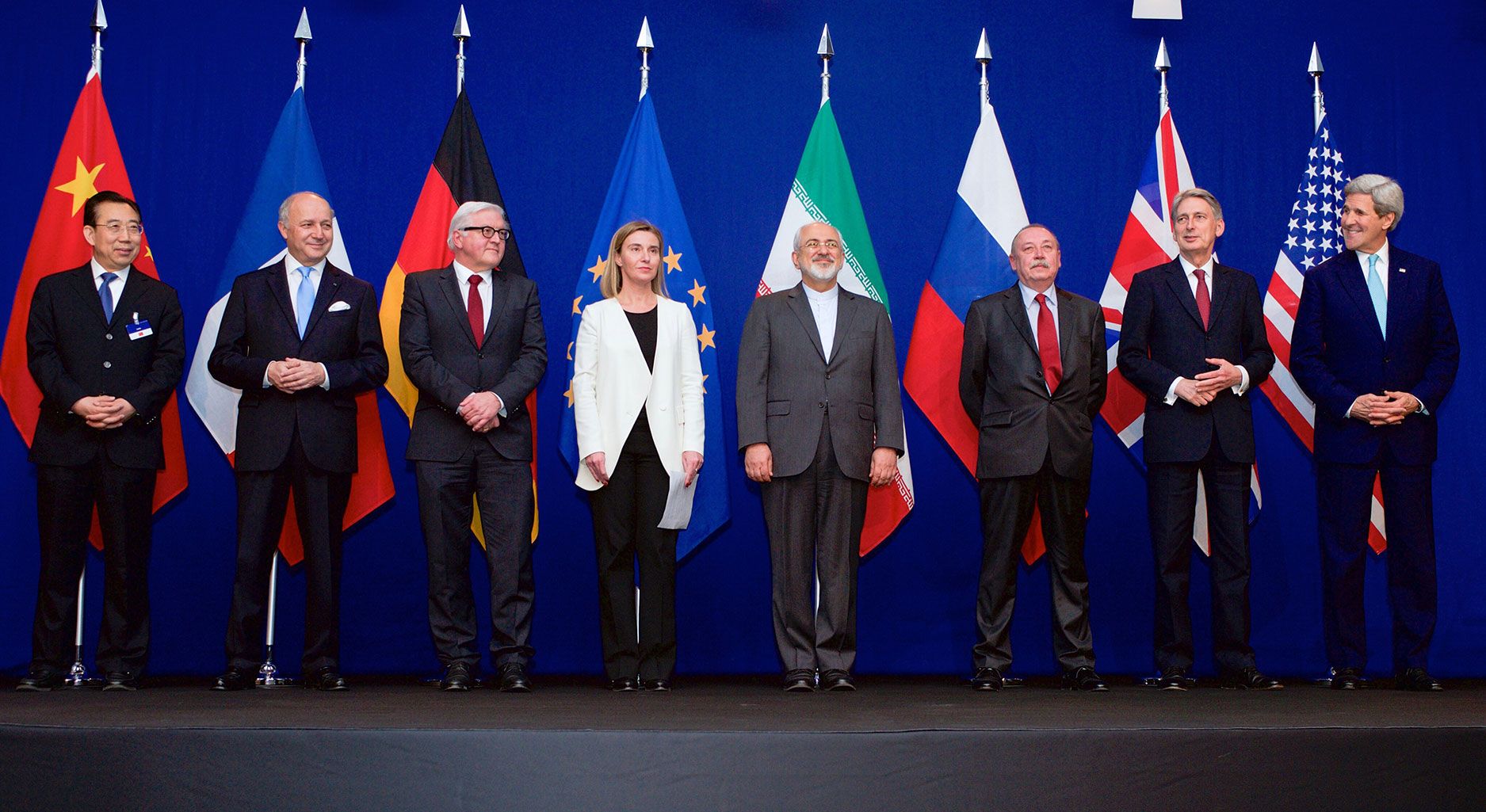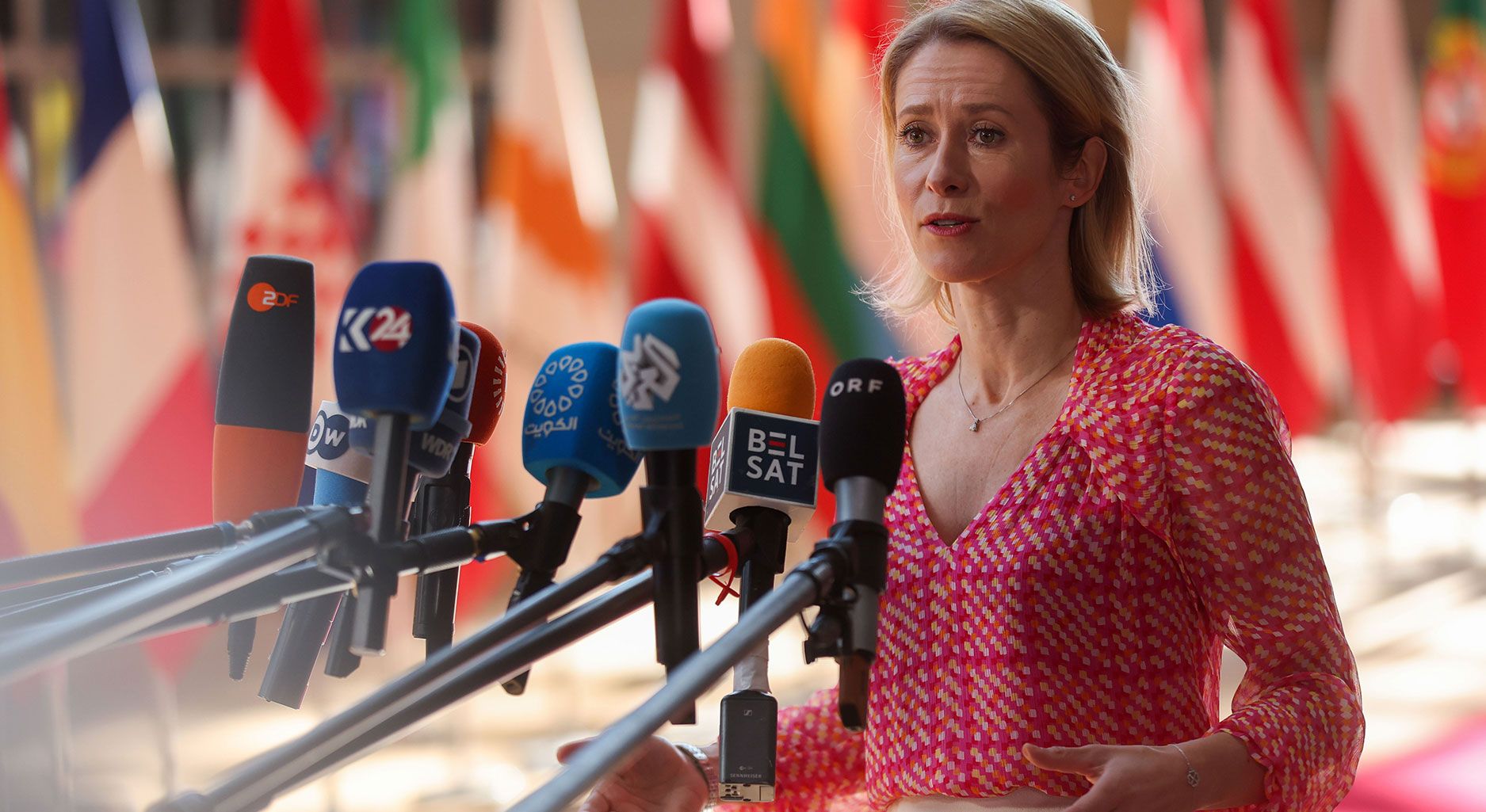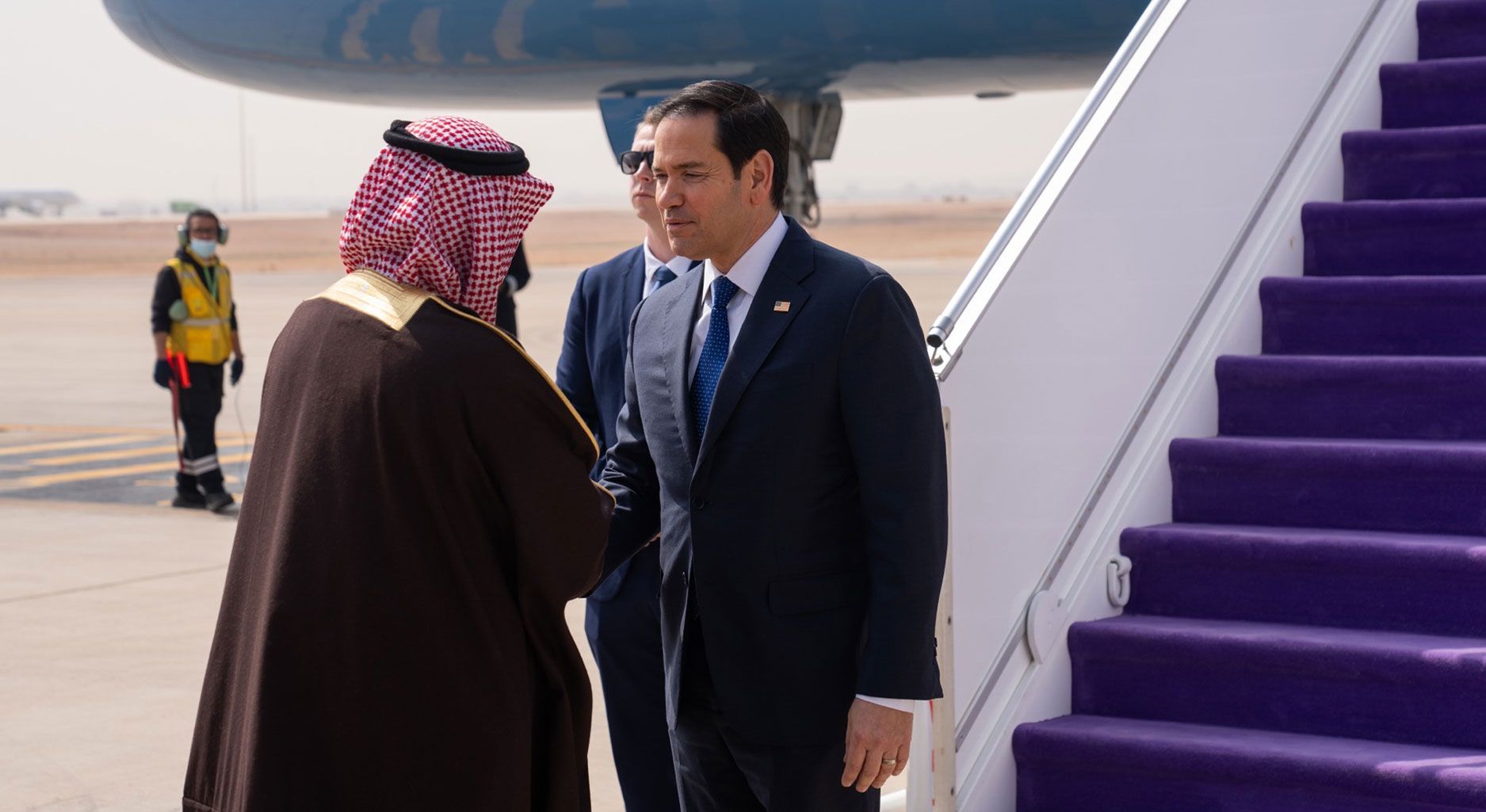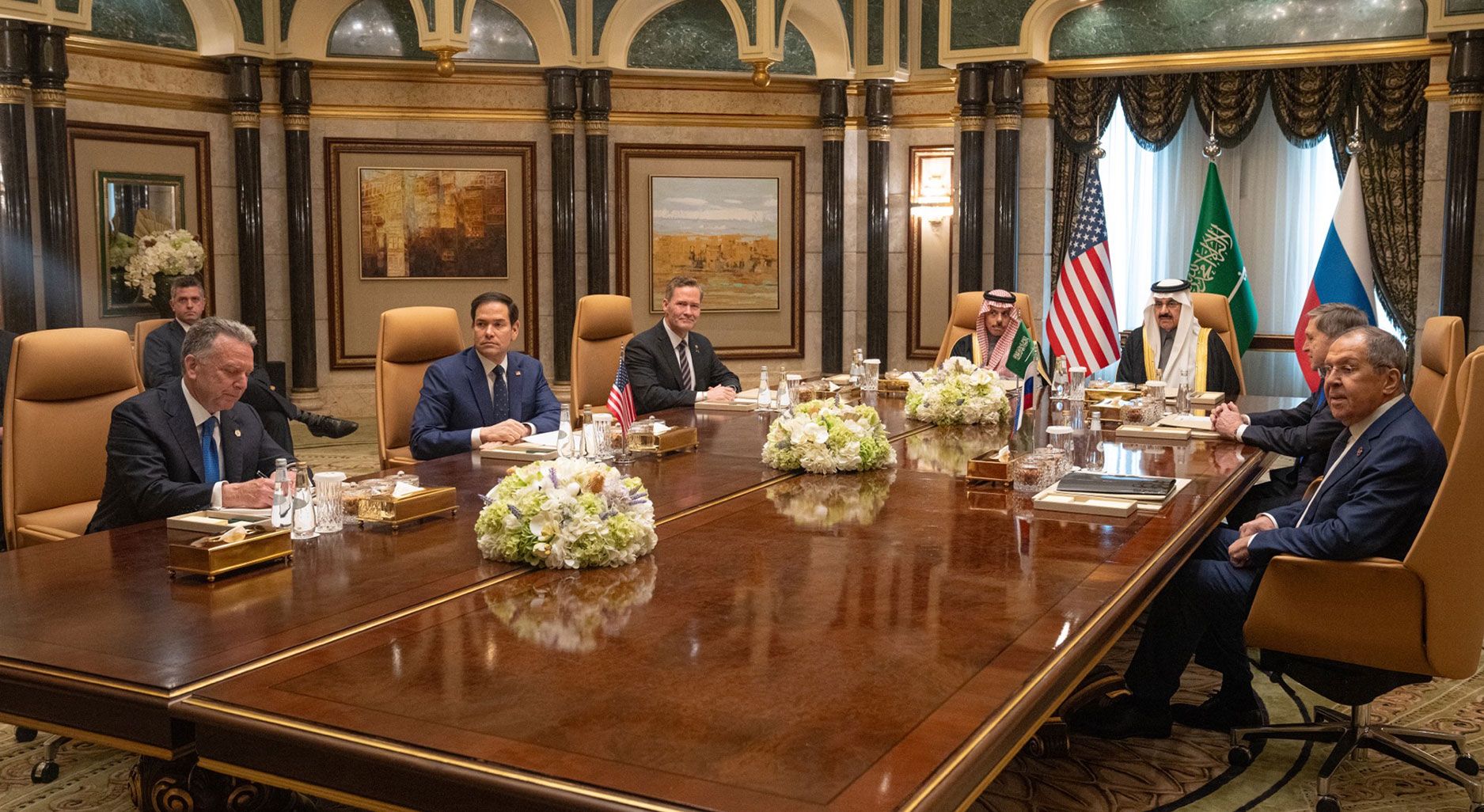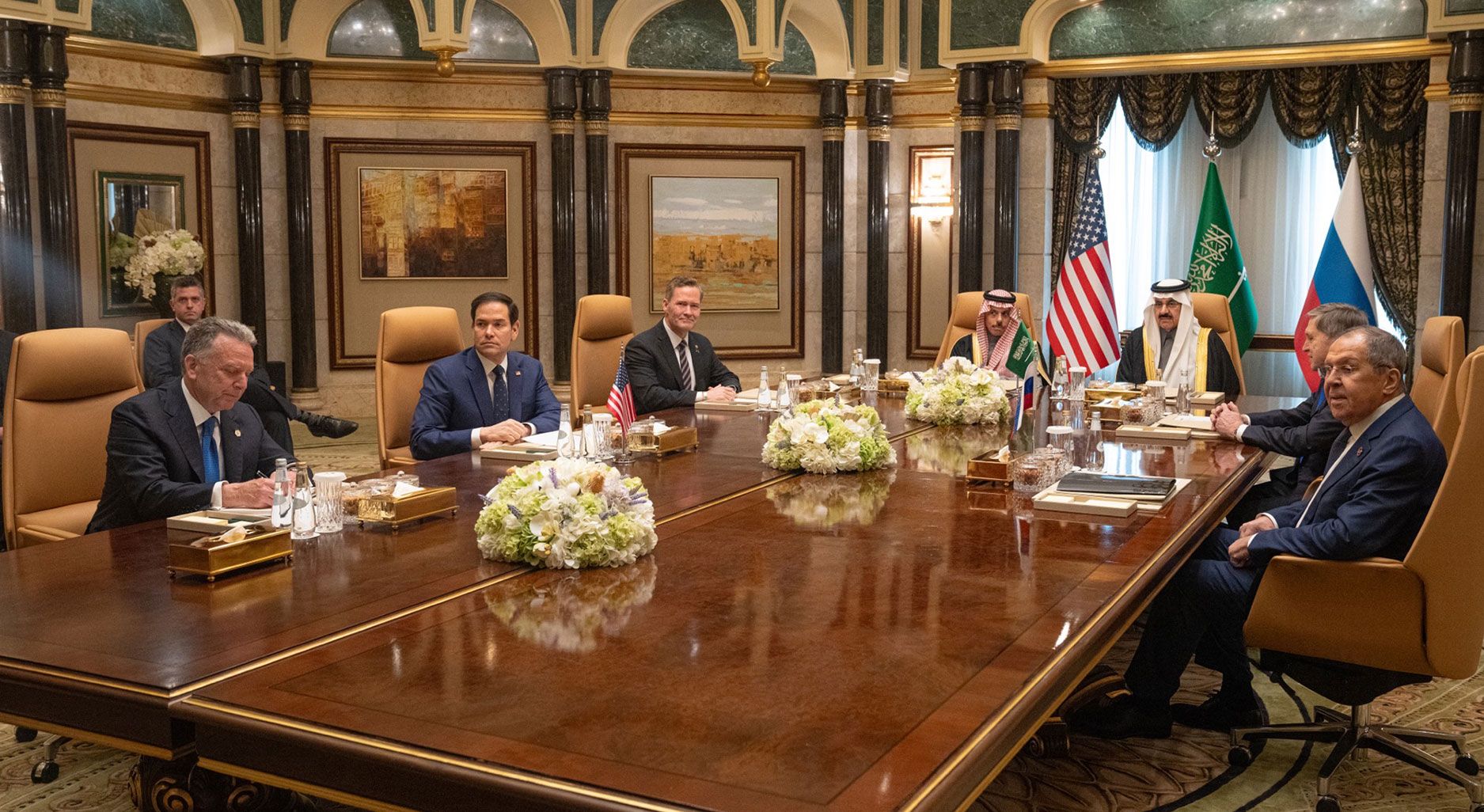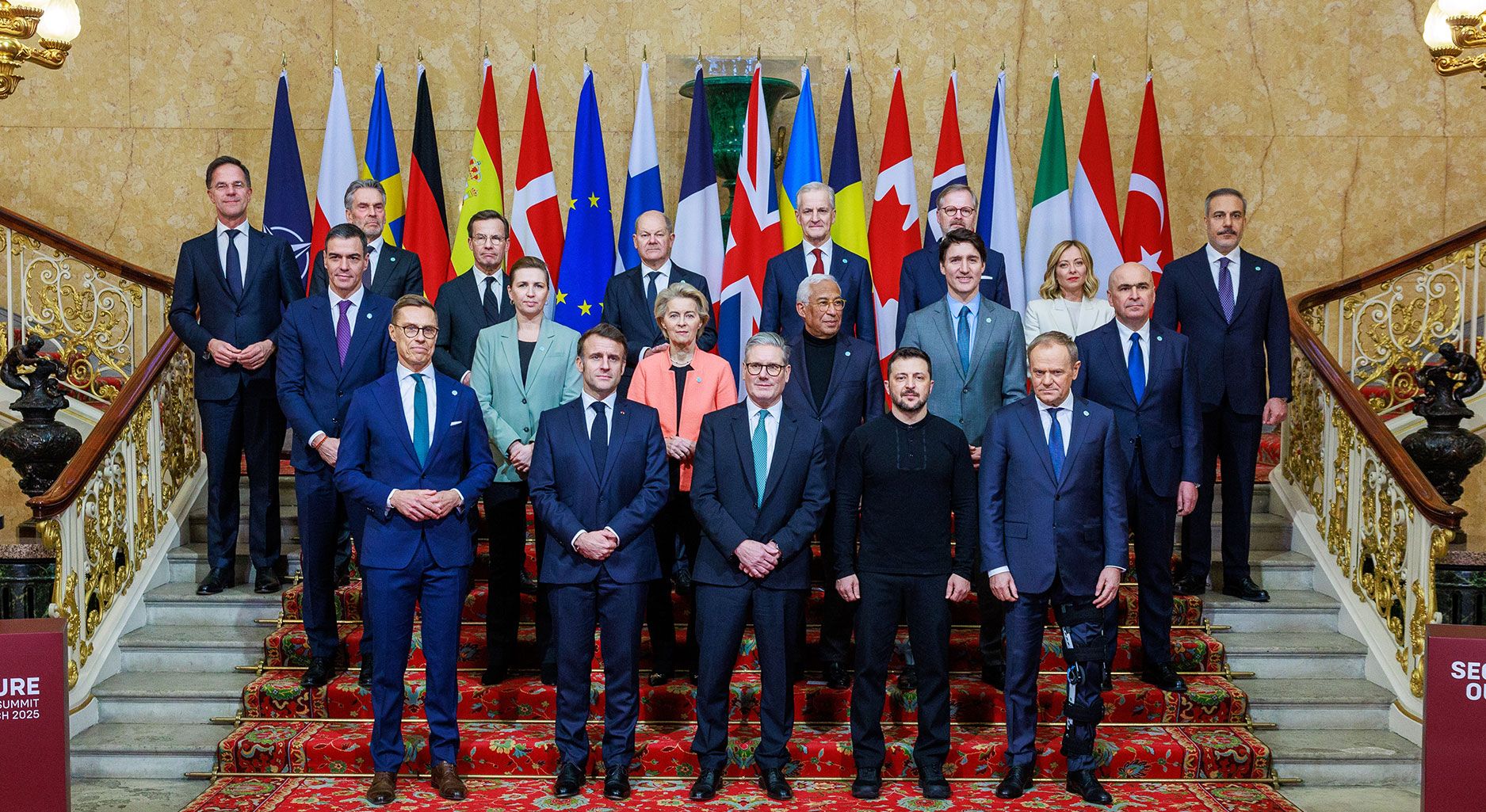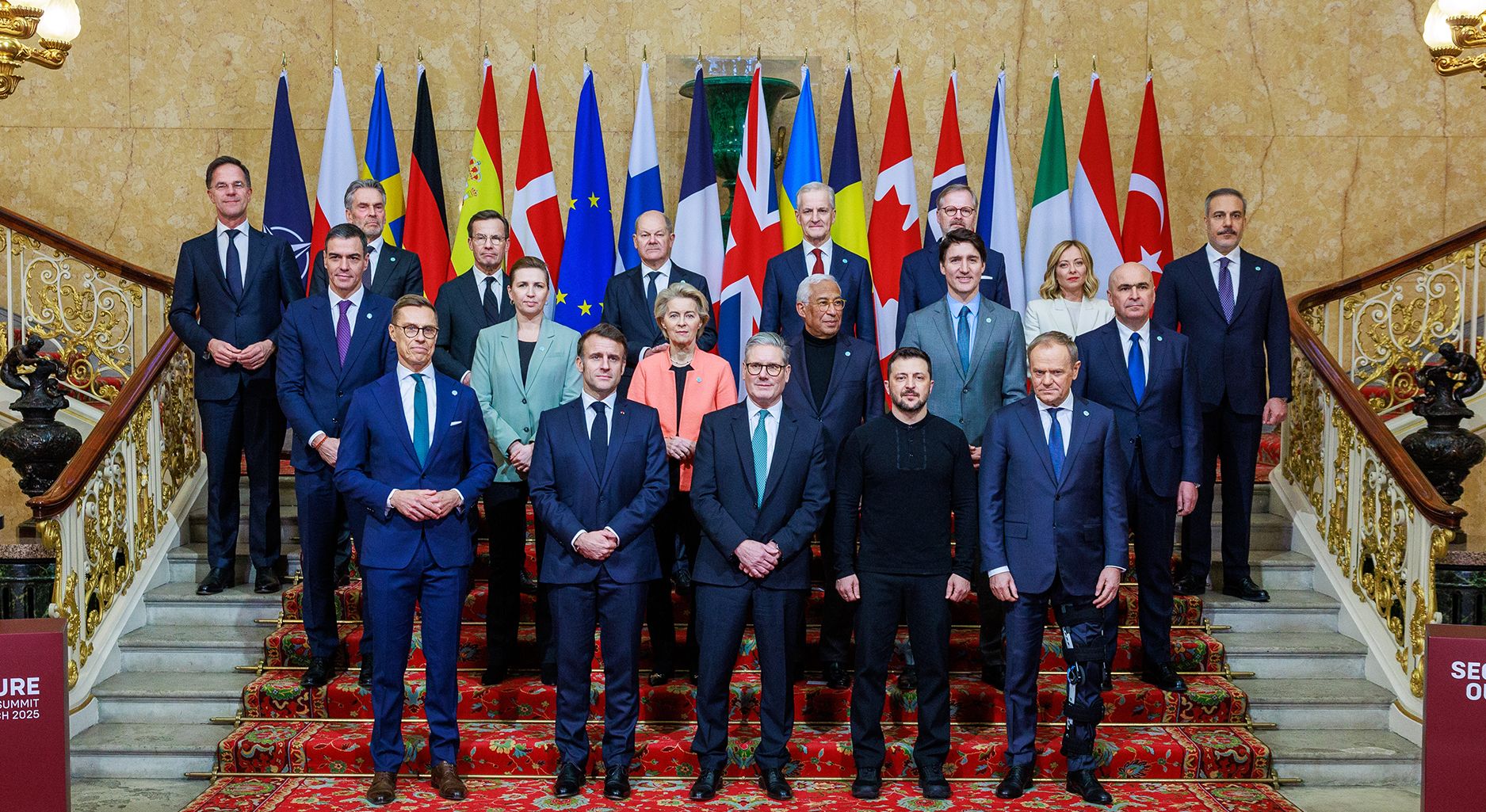Schlagwort: USA
Im Mai 2025 haben die 194 Mitgliedsstaaten der Weltgesundheitsorganisation (WHO) einen globalen...
Mit Russland verhandeln mittels Drucks und Anreizen
Geht es um Kriege außerhalb Europas, tritt Deutschland für Diplomatie und Verhandlungen ein....
European Support for Israeli and American Attacks on Iran – Short-Sighted and Dangerous
The recent U.S. and Israeli attacks on Iran come with major risks, including strengthening the...
Lifting Sanctions, Holding the Line: Shaping EU Credibility in Post-Assad Syria
The world’s major sanctioning countries recently showed political willingness to take a leap of...
Russlands heikles Spiel mit der Zeit
Putin will den Konflikt mit der Ukraine nicht ernsthaft lösen. Aber er hält die...
Es stehen nicht nur Exporte auf dem Spiel: der US-chinesische Handelskrieg und seine friedenspolitischen Konsequenzen
Am 3. April führte die Trump-Regierung im Rahmen ihres „Befreiungstags“ hohe neue Importzölle...
A Sober Perspective for the Negotiating Table: Europe Must Contribute Diplomatically to Ending the War in Ukraine and Shape the Withdrawal of the US
Despite the deadlocked military situation for Ukraine and the policy shift in the US, Germany and...
Mit nüchternem Blick zum Verhandlungstisch: Europa muss die Beendigung des Ukrainekrieges und den Rückzug der USA diplomatisch mitgestalten
Trotz der längst verfahrenen militärischen Lage für die Ukraine und bekannten Kurswechsels in den...
Maintaining the Rules-Based International Order: How Europe can Stand up to the Superpowers as an Alliance of Small States
When Western voices described the Russian invasion of Ukraine in February 2022 as an attack on...
Festhalten an der regelbasierten internationalen Ordnung: Wie Europa als Allianz kleiner Staaten gegenüber den Supermächten bestehen kann
Wenn westliche Stimmen den russischen Überfall auf die Ukraine im Februar 2022 als Angriff auf...
